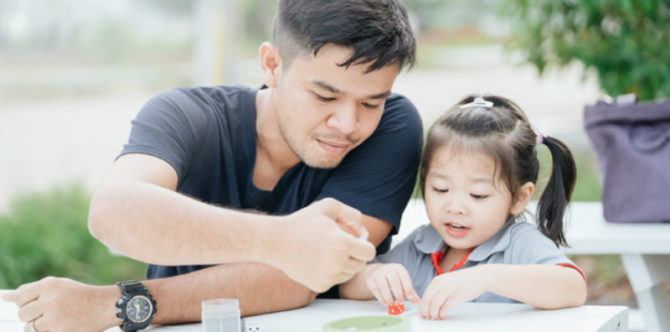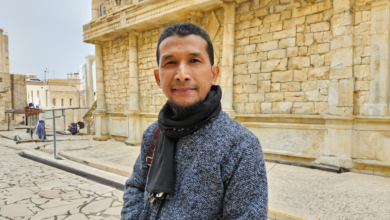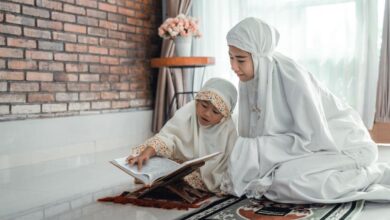
DDHK. ORG – The presence of a father in parenting is important for child development. Recent research from Auckland University of Technology (AUT) in New Zealand reveals the importance of this person's involvement in parenting child.
This involvement, as reported by Republika.co.id, has been proven to have a positive impact on children's growth and development. This research was conducted at the request of the Ministry of Development Sosial New Zealand and the NZ Work Research Institute (NZWRI).
The recently released report uses data from the Growing Up in New Zealand (GUiNZ) birth cohort.
The GUINZ longitudinal study provides a variety of information that supports the analysis of father involvement in child care. Some of the points included the amount of leave the head of the family took, direct involvement in the day-to-day care of the children, and the frequency of quality activities.
Other data in GUINZ allowed researchers to explore the relationship between father involvement in the early years of a child's life. Likewise the cognitive, physical, and psychological development of children in later life.
Father's Role
A key finding from the AUT study shows that most fathers in New Zealand take parental leave of two weeks or less. Most of them take less parental leave than they really want.
In addition, it was also revealed that in general, they are less involved in child care than mothers. However, most of them (71 percent) think that the division of child care responsibilities is fair. There are 56 percent of mothers who have the same opinion.
Another result of the AUT study was that on average, fathers who took more time off were not more involved in child care, nor did they provide higher quality of care. There are ethnic differences in the quantity and quality of father involvement.
The section on ethnicity, the researchers say, should be interpreted with caution, due to the small sample size for a non-European father figure.
Compared to European men, Māori and Pasifika fathers are more involved in child-rearing activities.
The Māori are an indigenous people of Polynesian origin living in New Zealand. Meanwhile, the head of the family who is a resident of the Pacific Islands or Pasifika tends to carry out high-quality parenting activities, such as playing games and reading books with their children.
Although there is no clear relationship between the length of paternal leave and child development outcomes, there is still a positive relationship between father's involvement in daily care and child development conditions.
The impact is that the development of language and motor skills is better monitored, and the level of behavioral problems is lower.
NZWRI director and AUT professor of economics, Gail Pacheco, said the report highlights the way New Zealand fathers approach parenting and reveals that engagement is meaningful.
Pacheco disagrees that paternity leave is used as the only measure of father involvement in child care.
"Because most fathers take less than two weeks of maternity leave, this measure does not reflect the reality of father involvement and, significantly, the impact that involvement has on the lives of their children," Pacheco said. 30). [DDHK News]



